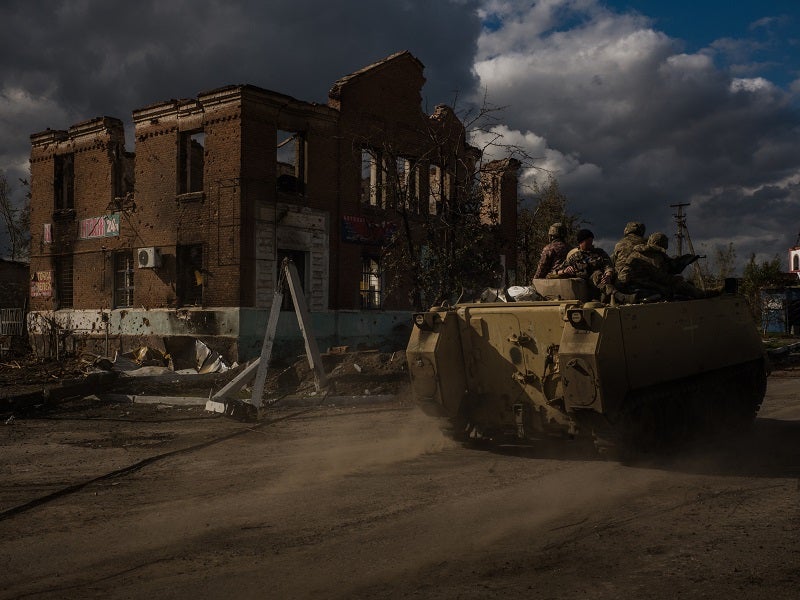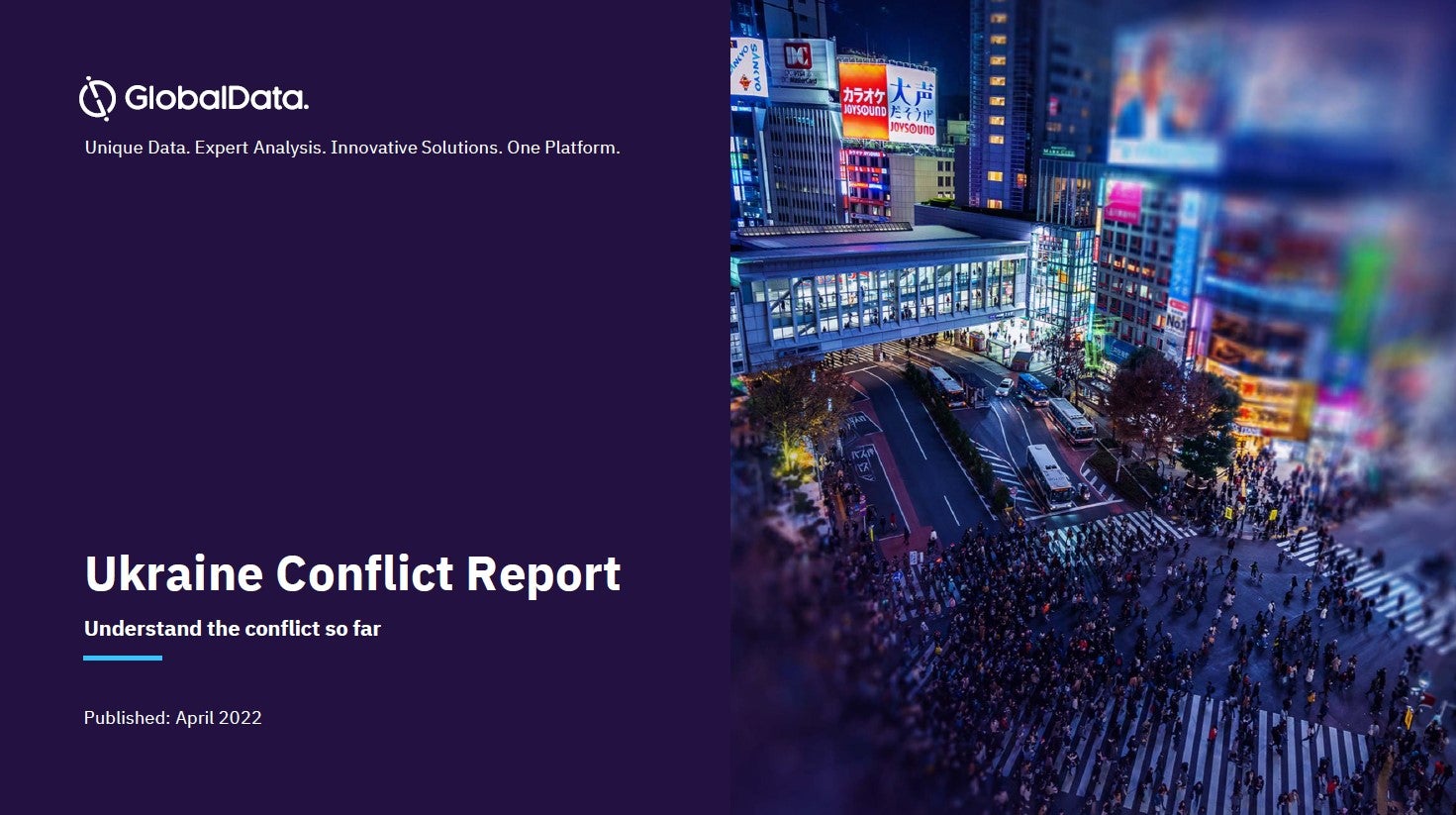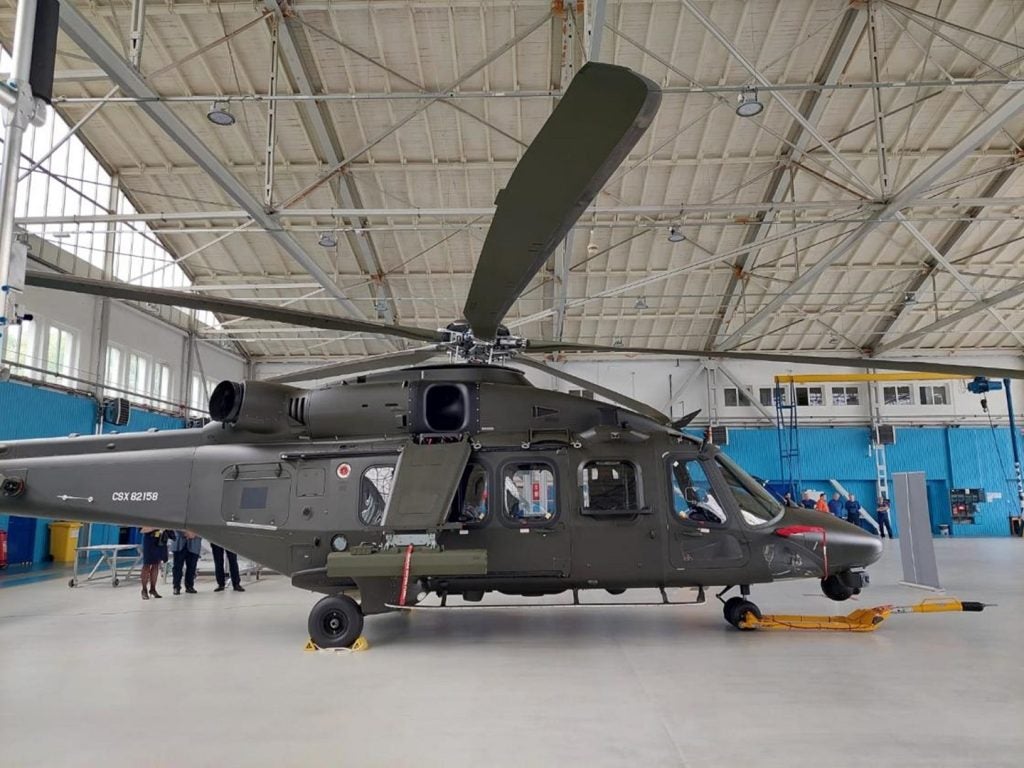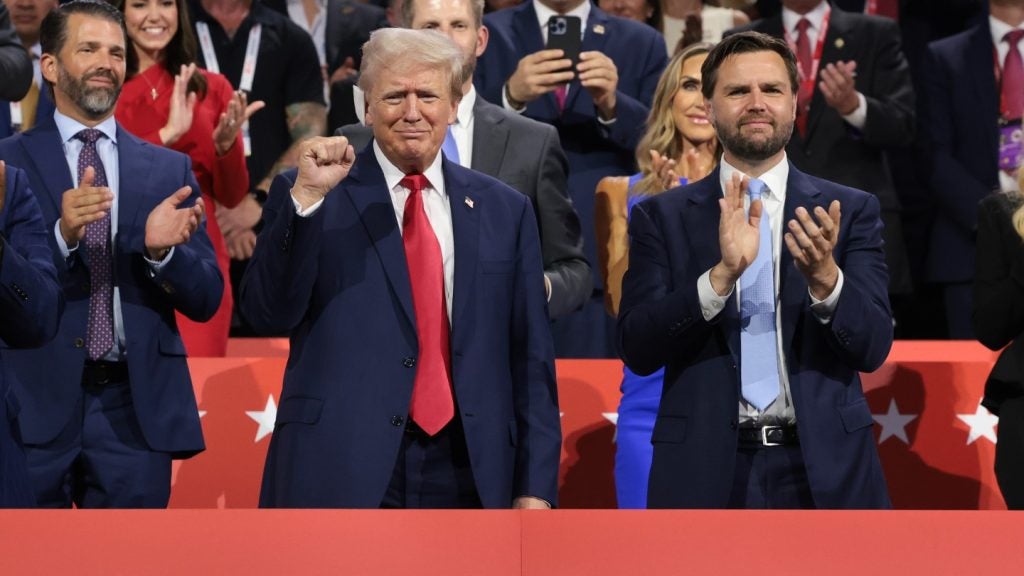
The ongoing failures of Russia’s military in Ukraine as Kyiv continues its fight to retake occupied cities bear the hallmark signs of the vulnerabilities of authoritarian regimes, according to Celeste Wallander, US Assistant Secretary of Defense for International Security Affairs.
Russian President Vladimir Putin’s move to launch a full-scale invasion of Ukraine on 24 February, initiated with a lightning attempt to conquer the Ukrainian capital of Kyiv using the nearby Hostomel airport as a bridgehead, failed to result in the overthrow of Ukrainian President Volodymyr Zelensky’s government, which gained immediate support from NATO countries, such as the UK.
How well do you really know your competitors?
Access the most comprehensive Company Profiles on the market, powered by GlobalData. Save hours of research. Gain competitive edge.

Thank you!
Your download email will arrive shortly
Not ready to buy yet? Download a free sample
We are confident about the unique quality of our Company Profiles. However, we want you to make the most beneficial decision for your business, so we offer a free sample that you can download by submitting the below form
By GlobalDataA restructured effort to take and hold land taken during the early weeks of the invasion has been met by Ukraine’s recent counterattack, which has recaptured thousands of square kilometres of territory in the north, east, and south of the country previously held by Russia.
According Wallander, speaking at a Centre for Strategic and International Studies event in Washington DC on 3 October, the failures of Russia’s invasion was partly caused by the “vulnerability of authoritarian regimes” as dissenting voices at key levels are silenced.
“We are seeing play out the vulnerability of authoritarian regimes. They create incentives to not tell the boss the truth,” Wallander said. “You can’t make good decisions if you don’t have good information, you can’t have good information if you don’t have a variety of views.”
Prior to the invasion, Wallander said European countries were “so invested” in a post-Cold War future “that they had trouble seeing the warning signs [of Russian aggression]” in the decades of peace that followed.
“There was a little bit of still hoping [by European countries], but Putin managed to shred any doubt. Europe has to its credit [now] taken it seriously,” Wallander stated.
Regarding the current situation on the ground in Ukraine, Wallander said that “we are seeing some really key strategic victories [for Ukraine] in the Donestk and Luhansk regions.
Towards the south, Ukraine’s goal is “to push back the Russian bridgehead on the western bank of Kherson”, which in turn would further dent Russia’s aim in capturing the Black Sea port city of Odesa.
Nuclear threats
Speaking during a remarkable televised ceremony announcing the annexation of the four Ukrainian regions on 30 September, President Putin again raised the threat of the use of nuclear weapons to defend what he now considered Russian territory, and Russian people.
Russia’s military doctrine does allow for the use of lower-yield nuclear warheads on the tactical level, with the decision by President Putin to annex more Ukrainian territory effectively shifting the nuclear tripwire hundreds of kilometres westwards from the country’s internationally recognised boundaries.
In addition, Moscow’s partial mobilisation of its reserve forces to reconstitute decimated military units, announced at 300,000 but widely considered to be at least double that number, prompted more than 100,000 Russian fighting-age males to leave the country. Internal reports indicate low morale among Russia’s new recruits, insufficient equipment, and a lack of winter clothing.
By contrast, Ukrainian forces find themselves the beneficiary of the support from the US and European NATO forces, which are providing equipment and finances in addition to military training, all of which will have an incrementally more significant impact as the war drags on.
The UK, for example, is understood to have trained around 2,500 Ukrainian military personnel at bases around the UK, with another 2,500 thought to be currently undergoing basic infantry skills and fighting techniques. More than 7,000 Ukrainian military personnel are thought to be earmarked to pass through the UK in the weeks and months ahead.
The contrast to the experiences of Russia newly mobilised reserves, is stark, with a lack of consistent leadership at all levels and an apparent lack of basic training provided. The coming winter season in Ukraine, which will see temperatures plummet, will be back to basics for the units on the ground, where deficiencies in training and equipment will be even more keenly felt.
On President Putin’s threats to use nuclear weapons in Ukraine, Wallander said that Russia “is a major nuclear power” and as such had a responsibility towards effective stewardship of such capabilities that “does not include” threats to neighbouring countries.
Russia’s Lyman defeat
Ukrainian forces appear to be dictating the operational tempo in the ongoing war against the Russian military, with the possibility that Moscow’s recent reversal in the key logistics hub of Lyman resulting in thousands of Russian casualties.
Ukraine’s recapture in recent days of the strategic city of Lyman, containing vital railheads, in the northern part of the Donestk region saw Russian military units conducting a ramshackle retreat and sustain a key defeat on the battlefield.
The defeat points to a Ukrainian military that is operating in a far better manner that Russia’s, which withdrew from Lyman in disarray, suffering in excess of 1,000 casualties as a result. Ukraine, it appears, is dictating the operational tempo.
The Russian defeat occurred hours after Russian President Vladimir Putin on 30 September formally annexed the Donestk, Luhansk, Zaporizhzhia, and Kherson regions, with the expectation that Moscow’s political elite would not have authorised a withdrawal of its forces from Lyman, unlike an earlier retreat from the northern city of Kharkiv. Russian troops in Lyman, at risk of being encircled and destroyed by advancing Ukrainian units, appear to have opted to unilaterally withdraw.
Elsewhere, it is unlikely that Russia will sanction a full pullout of Kherson due to political pressure, located as it is on the west bank of the Dnipro River in the country’s south, and a vital strategic location towards the Crimean Peninsula, itself annexed by Russia from Ukraine in 2014. Tens of thousands of Russian troops are considered to be dug in around the area.








